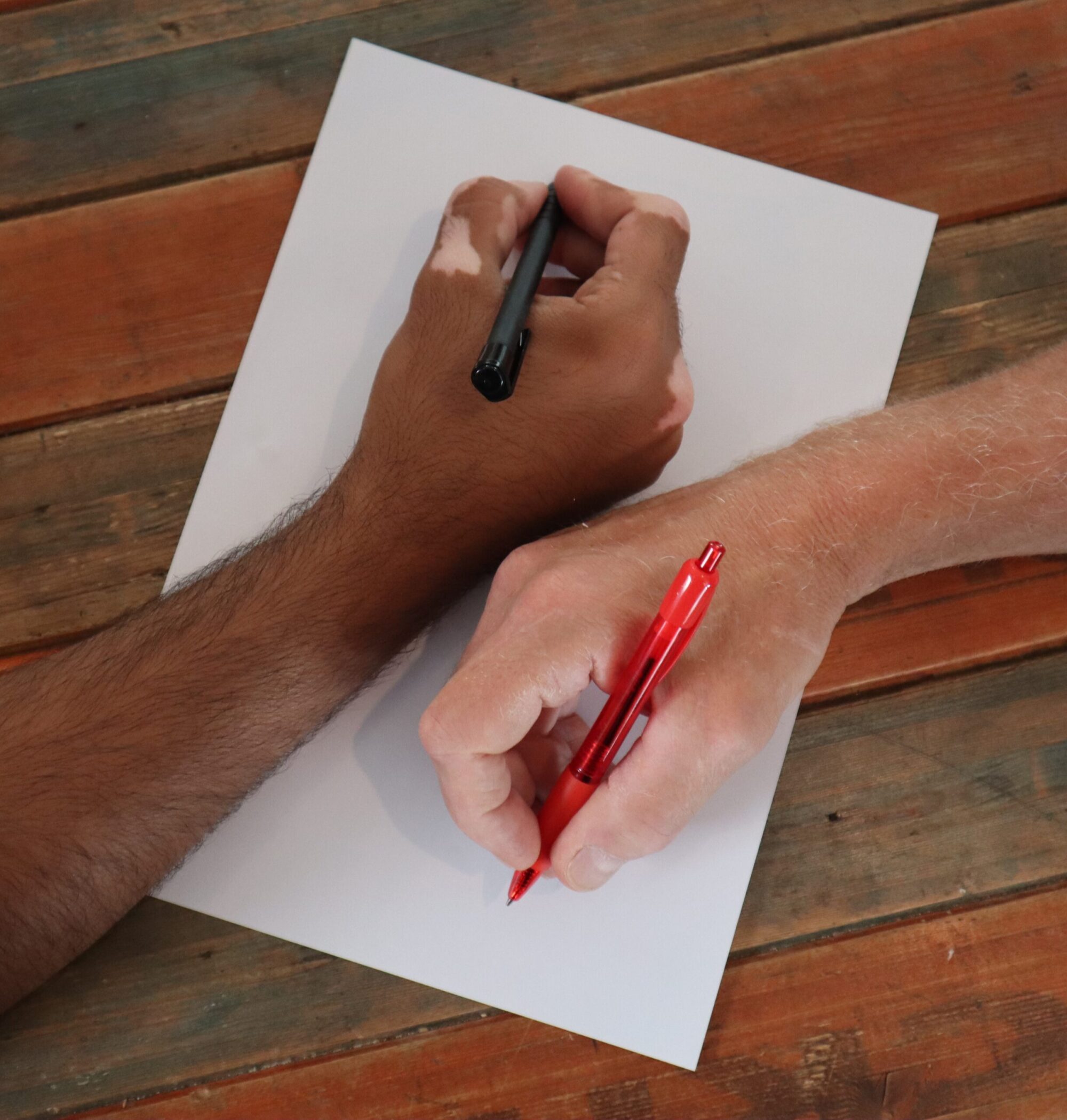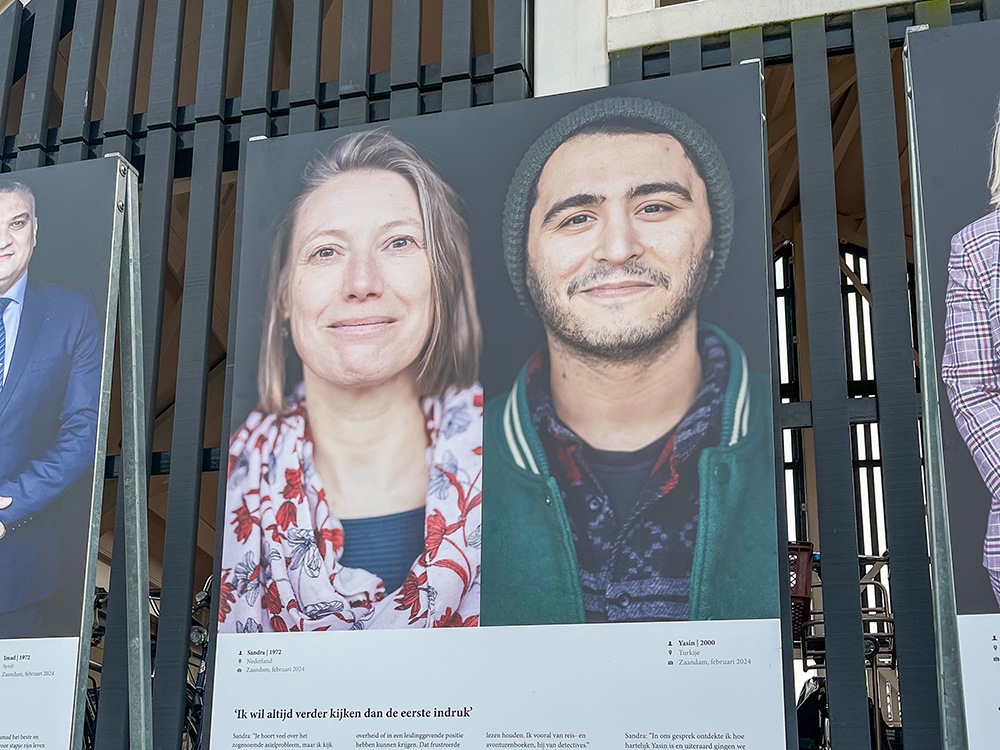Week 8: Close to home

In ‘Close to home’ Yemeni refugee Ali* and host Robert share their experiences living together. There will be weekly posts about the ups and downs, difficulties, highlights and surprises. This week they talk about the housing situation in The Netherlands.
*not his real name.
Robert is many things, dad, dog-lover, Director of Takecarebnb, an organisation that matches newcomers to host families. Every day, he convinces Dutch host families to offer temporary places of stays for refugees with a status. Now that his youngest daughter has passed her final exams, it’s time to put his words into action.
Ali is a refugee from Yemen with big dreams. He loves poetry, chess and can solve a Rubik’s cube in less than a minute. He spent time studying and working in India when it became clear he could not return to Yemen. When travelling to Europe as part of a conference, he visited The Netherlands and knew he wanted to stay.
Ali: Your house is where you spend the majority of your time, especially nowadays. Home is where you rest, where you relax, and where you have your own privacy and time to unwind. Having your own space is critical for your mental health and personal development.
I’ve never had a housing problem because I was born in our Yemeni home, grew up there, and when I traveled to study, I was always able to easily find my own place to live. I had no idea I’d have a housing problem one day.
When I arrived at the Ter Apel refugee camp, everything changed. I had to share a room, not to mention the bathroom, with another 8 to 10 people. Now I’ve realized there is a housing problem.
Robert: Not a day goes by without news about the housing shortage in our country. Waiting lists for young people. No smaller apartments for older people who occupy houses that are too big for them now their children have flown out. And then you have those newcomers. They arrived in NL only a year ago and they already have a house. No waiting list for them. Some people get angry about that, forgetting refugees have no alternative (and how could they have registered on that waiting list?).
Ali is waiting for a house in Amsterdam. Until then he will stay with me. What will happen when no house is available after the three months we agreed have passed?
Robert (cont): That’s a dilemma. For Ali and for me. We have become friends and I don’t want to send him back to the AZC. Ali wants to keep his part of the agreement as well and not be a burden for me. Well, he is not. We are lucky: an extra month or two is no problem at all. His room stays available and we have found a balance between leading our own lives and spending time together.
Ali: I was promised that I would be able to get my own place within a few months of obtaining my resident permit, which many Dutch people find unfair because they have to wait years for social housing while this stranger who comes all the way from Yemen or Syria gets it in a matter of months. But the housing crisis began long before refugees arrived in the Netherlands. Why limit the problem to refugees when there are many other factors to consider, such as the difficulties and delays in obtaining planning permissions, protecting the green belt, or a shortage of construction workers, among others.
Robert: You can bet a group of refugees from Afghanistan will find their way to our country, no matter how hard the authorities try to keep them in neighbouring countries. AZC refugee centers will soon have little space. It is important that we as regular citizens contribute and offer temporary housing to newcomers. For me the thought – try to really imagine it – of what it would mean if I (or even: my children) were a refugee and could find hospitality with strangers in another country is convincing enough to move out my fitness equipment and free up a room. I now realize that my father stayed with a farmers family in the Brabant region as a 10 year old in the winter of war year 1944 when there was no food in Amsterdam.
Ali: I understand there is a housing crisis in The Netherlands, however, what options do I have to settle down, resume my normal life, and get back on track? I’ve heard many times that I’m fortunate that I’ll have social housing within a few months, and while I’d like to believe it, I keep wondering if I’m truly fortunate to be forced to leave my family and come here. Is it a privilege to aspire to be like everyone else and to have my own place? Is this too much to ask for?
